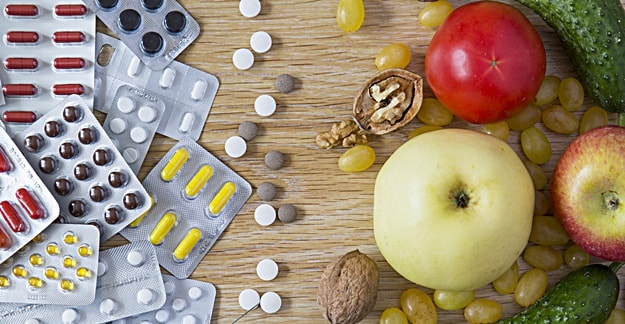Browse This Article
What you eat and drink can cause harmful effects when mixed with certain drugs. Find out how to avoid these four common food-drug interactions.
Watch a short food-drug interactions video overview below:
You probably know that you shouldn’t mix certain medications because of the risk of dangerous drug-drug interactions. And you’ve probably heard the common warnings to avoid taking some types of medication on an empty or full stomach or with alcohol.
But you may not be aware of food-drug interactions, which can occur when a medication interacts with a food or beverage and causes undesirable effects. The medication may not work as well as it should, or the combination can cause a negative side effect or worsen an existing one. Also, it may prevent your body from fully absorbing the nutrients from the food or beverage in question.
“There are different types of interactions, and the magnitude of the interaction depends on many factors,” says Lingtak-Neander Chan, PharmD, a professor of pharmacy at the University of Washington School of Pharmacy. For example, your age, sex, medical history, body weight, and number and dosage of medications used can all influence the way drugs and nutrients interact in your body.
“There is also a lot of misleading information out there on the Internet,” he notes.
We highlight four of the most common food-drug interactions, along with tips on how to avoid these combinations and the problems they can cause. However, you should always talk to your doctor if you are concerned about potential interactions with medications you are taking or plan to take.
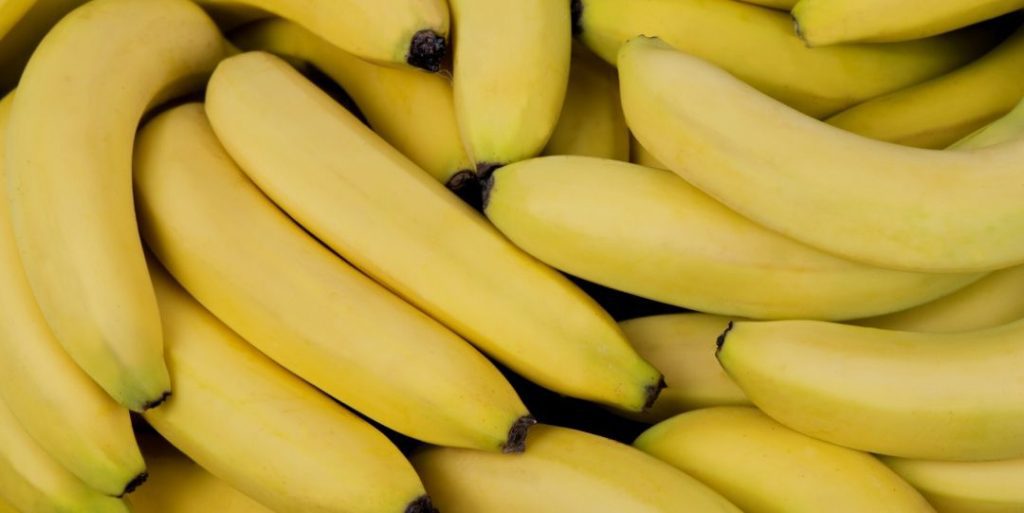
High blood pressure/heart disease meds and potassium-rich foods like bananas, potatoes and licorice
More specifically, angiotensin-converting enzyme (ACE) inhibitors and angiotensin II receptor blockers (ARBs). ACE inhibitors include drugs like lisinopril, Altace (ramipril), Vasotec (enalapril) and captopril, while some examples of ARBs are Cozaar (losartan), Diovan (valsartan), Atacand (candesartan) and Micardis (telmisartan). These meds, which are used to treat high blood pressure and heart disease, make blood vessels relax and dilate, decrease the heart’s workload and improve circulation.
“These drugs have the tendency to increase potassium retention by the body, and elevated potassium concentration in the blood increases the risk for developing irregular heartbeats,” explains Chan. People taking ACE inhibitors or ARBs should limit their intake of high-potassium foods like bananas, oranges, avocados, tomatoes, white and sweet potatoes and dried fruits —, especially apricots.
On the other hand, natural licorice root contains a sweetening compound called glycyrrhizin, which can decrease potassium levels and throw off heart rhythms. According to the FDA, eating just two ounces of black licorice a day for at least two weeks could cause you to end up in the hospital with an irregular heart rhythm (arrhythmia), particularly if you’re 40 or older. Some people can experience abnormal heart rhythms, high blood pressure, swelling, lethargy and congestive heart failure.
However, if you’re eating this in conventional candy form, you likely have very little to worry about. According to the FDA, anise oil, which has a similar taste and smell, is used in many popular candies to mimic licorice flavor. Even candies that do have licorice extract fall far below levels the FDA considers dangerous.
As with most foods, moderation is key for maintaining a healthy body. Whether as candy or in its natural root form, too much black licorice can bring about unwanted side effects. By limiting your intake, you can protect yourself against unwanted ailments. Additionally, FDA’s Linda Katz, M.D., M.P.H. says potassium levels are usually restored once consumption of the root stops, with no permanent health problems.
The FDA offers the following suggestions if black licorice is your guilty pleasure:
- Regardless of your age, avoid eating large amounts of black licorice at one time.
- If you have consumed a lot and have an irregular heart rhythm or muscle weakness, stop eating it immediately and contact your doctor.
- Black licorice can interact with some medications, herbs and dietary supplements. Be sure to contact your doctor if you have questions regarding possible drug interactions.
“Bottom line, too much or too little potassium in the blood can cause dangerous and life-threatening cardiac side effects,” says Lisa Cimperman, MS, RDN, LD, medical science liaison for Fresenius Kabi USA, which develops technologies for infusion, transfusion and clinical nutrition. Black licorice candy, licorice tea, and, of course, licorice root should be avoided while taking high blood pressure or heart disease drugs. And stay away from salt substitutes. Many have simply replaced the sodium with potassium.
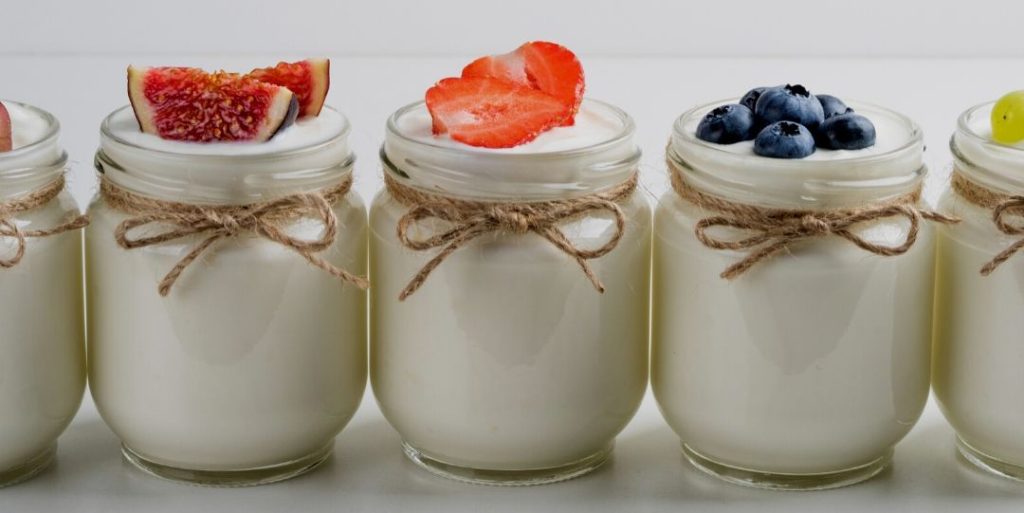
Antibiotics & dairy products
Quinolone antibiotics like Cipro (ciprofloxacin), levofloxacin and Avelox (moxifloxacin), and tetracyclines like Vibramycin (doxycycline) and Minocin (minocycline), bind to the calcium in dairy-based foods and beverages.
“Dairy products and other calcium-rich products decrease the absorption of these antibiotics from the gut, which may lead to treatment failure for infections,” says Chan. In one study, the absorption of ciprofloxacin was reduced by up to 36% when participants took the drug at the same time as milk or yogurt. Other research found that even small amounts of milk that were added to coffee or black tea — containing very little calcium overall — had a major impact on the absorption of tetracycline.
You should take extra care to avoid the risk of minimizing the infection-fighting effects of the drug. Milk, cheese, ice cream, yogurt and butter, as well as calcium-fortified foods such as some juices and cereals, should not be taken while on these particular types of antibiotics. If for some reason these “cannot be avoided, separate the drug and dairy products by at least two hours,” Chan advises. (See MedShadow’s 5 Things You Need to Know About Antibiotics.
Calcium has also been shown to interfere with osteoporosis medications such as Fosamax (alendronate), thiazide diuretics for high blood pressure, cholesterol medications known as bile acid sequestrants and some anti-seizure medications such as Dilantin (phenytoin), Carbatrol (carbamazepine) and phenobarbital.
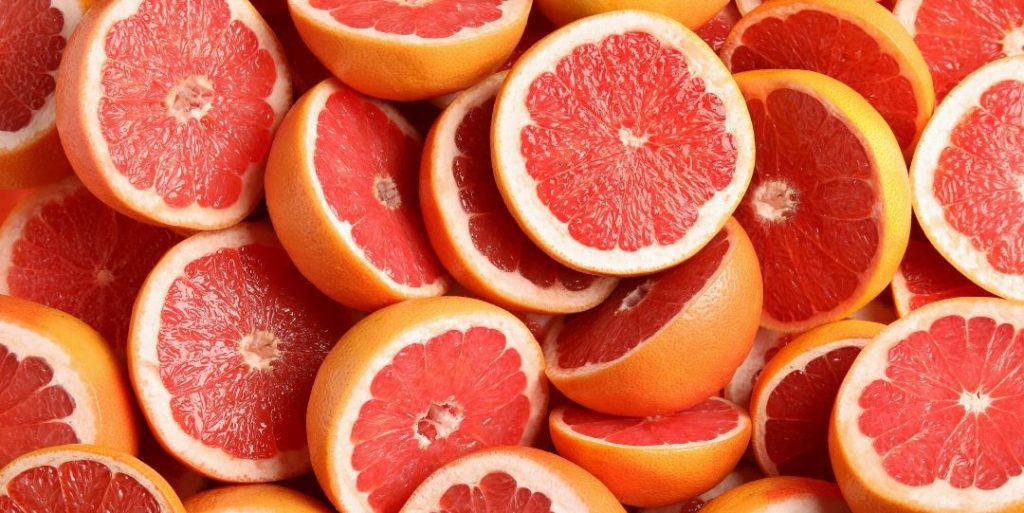
Statins & grapefruit…or maybe not
Eating grapefruit or having a glass of grapefruit juice in the morning can be a healthy way to start your day – the fruit is high in vitamin C and potassium. But the Food and Drug Administration (FDA) is reminding consumers that grapefruit can interact with many drugs and how they work in the body, especially if you have high blood pressure or an irregular heartbeat.
When grapefruit interacts with certain medications, the problem is that the juice causes too much of the drug to enter the bloodstream. That can lead to more side effects. For example, “with certain statins that lower ‘bad’ cholesterol levels, such as Zocor [simvastatin] [] and Lipitor [atorvastatin], it’s important to avoid grapefruit and grapefruit juice consumption because it can raise statin levels in the blood and increase the risk for serious side effects,” according to Stacy Kennedy, MPH, RD, a senior clinical nutritionist at the Dana-Farber/Brigham and Women’s Cancer Center in Boston and co-founder of Wellness Guides, a health and wellness practice in Wellesley, Massachusetts..
Grapefruit can increase absorption of the statins and lead to symptoms like dizziness, muscle pain, liver damage and kidney failure, adds Chan.
Here are some types of drugs that may interact with grapefruit and grapefruit juice:
- Some drugs that treat high blood pressure, such as Procardia and Adalat CC (both nifedipine)
- Some organ-transplant rejection drugs, such as Sandimmune and Neoral (both cyclosporine)
- Some anti-anxiety drugs, such as buspirone
- Some corticosteroids that treat Crohn’s disease or ulcerative colitis, such as Entocort EC and Uceris (both budesonide)
- Some drugs that treat abnormal heart rhythms, such as Pacerone and Nexterone (both amiodarone)
- Some antihistamines, such as Allegra (fexofenadine)
For a further list of drugs that interact with grapefruit, click here.
“There is no strong evidence showing ready-to-drink grapefruit juice or eating grapefruit results in the same magnitude of drug-nutrient interaction, though from the patient safety perspective, it is often recommended to patients who are taking these medications to avoid drinking grapefruit juice altogether,” Chan says.
If you eat grapefruit or drink grapefruit juice and have concerns about it interacting with any of the drugs you are taking, talk it over with your doctor. You can also read the medication guide or patient information sheet that comes with your prescription drugs to see if there is a grapefruit juice warning. For OTC (over-the-counter) drugs, check out the Drug Facts label on the bottle.
If you have to avoid grapefruit and grapefruit juice, pay attention to the labels of other fruit juices as they may contain grapefruit juice. Seville oranges, pomelos and tangelos can have the same effect on drugs as grapefruit, so best to avoid them if you know your drug can interact with grapefruit. Opt for other fruits like kiwi fruit, blood oranges and other fresh produce instead, suggests Kennedy.
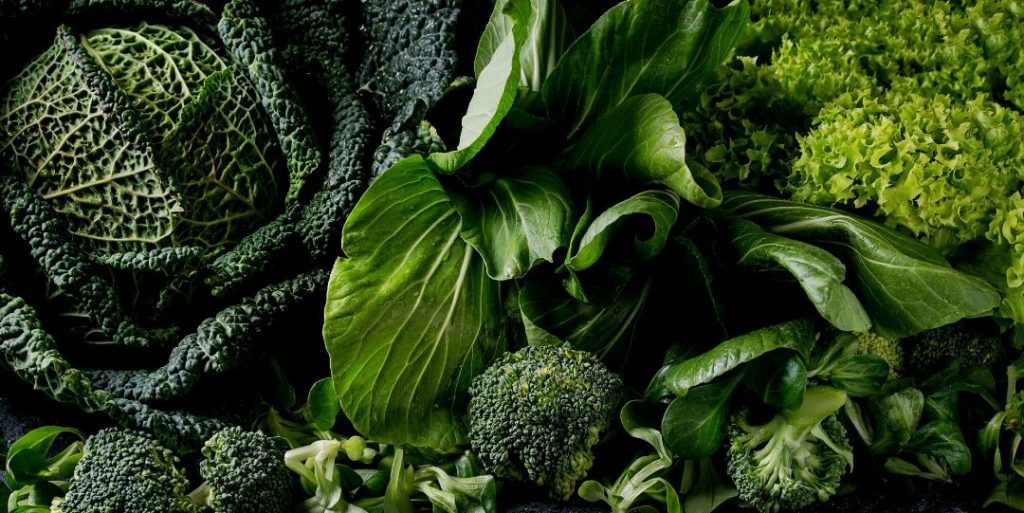
Warfarin & vitamin K leafy greens
This anticoagulant — or blood-thinner — called Coumadin can help prevent dangerous blood clotting in patients with certain heart conditions. Because “vitamin K is important for numerous reactions that cause blood to clot properly, significant changes in vitamin K intake will affect the time it takes for blood to clot and likely require a change in warfarin dose,” according to Cimperman.
It is not necessary or advisable to avoid vitamin K-rich foods altogether, however — just be consistent. The key is to “maintain a consistent and moderate day-to-day intake of vitamin K-rich foods such as broccoli, cabbage, collard greens, spinach, kale and turnip greens,” says Kennedy. Mango, avocado, cranberry juice or cranberry products can have similar effects, but “rather than avoid these heart-healthy foods completely, speak with your doctor before adding them so he or she can help you plan ahead and monitor your blood closely as you shift to a healthier diet,” she recommends.
Many patients who take warfarin may be at an increased risk of side effects of the drug since they are not knowledgeable about these food and drug interactions. The results of a study evaluating warfarin patients’ understanding of the drug and interactions are of concern since the side effects can lead to stroke and bleeding complications, which can sometimes be fatal.
“Worldwide, warfarin causes the most deaths from drug-related side effects,” senior author Kjersti Oterhald, PhD, of the Haukeland University Hospital in Norway said in a statement. “Patients need to know what foods and drugs have an impact on how warfarin works, and what to do if they have symptoms of an overdose.”
The study, presented at the EuroHeartCare 2016 Conference, which is sponsored by the European College of Cardiology, included results of a questionnaire that was sent to 404 patients with aortic stenosis who were taking warfarin. About two-thirds of them were taking the drug because they had a mechanical heart valve, and about a quarter was taking the medication to treat atrial fibrillation.
They were given a questionnaire with 28 multiple choice questions about warfarin. On average, the participants answered 18 questions correctly. However, 22% only gave correct answers to fewer than half of the questions. Questions that were answered incorrectly tended to be about food and drug interactions and when to call a doctor. For example, when asked about which foods would interfere with warfarin — celery, carrots, coleslaw or green beans — only 25% correctly answered cole slaw. Most answered green beans. The survey also found that only 45% of respondents knew to go to a physician if they had diarrhea for more than one day. In addition, older patients tended to have more incorrect answers.
Oterhals noted that physicians and other healthcare workers need to better educate people taking warfarin about how the drug works inside the body to prevent any potentially serious interactions.
“Health professionals have a responsibility to educate patients, but unfortunately, even cardiac nurses do not know enough,” she noted. “There is an urgent need to improve health professionals’ warfarin knowledge so they can educate patients.”
WARFARIN CHECKLIST
- Diet: Keep vitamin K intake consistent and check the content of new foods; even small levels eaten in large amounts affect the INR (International Normalized Ratio — a blood test that measures how long it takes a person’s blood to clot).
- Drugs: Antibiotics increase INR; avoid herbal medicines; ask about over the counter drugs.
- Call the doctor: Nosebleeds indicate blood is too thin; diarrhea causes vitamin K loss.
- Exercise: Patients who exercise regularly need a higher warfarin dose.
- Be consistent: Check how anything out of the ordinary will affect your warfarin.
Courtesy European College of Cardiology
Talk to Your Doc to Balance Your Diet & Your Meds and Prevent Food-Drug interactions
Consider this a general primer to help alert you to some common potential effects of mixing certain foods and medications, but be sure to learn what’s best for you by talking to your healthcare providers.
“It is imperative that individuals discuss all their medications and supplements with their physician and pharmacist,” says Cimperman. “In the case where there is a significant food-drug interaction, consult with a registered dietitian to make sure your diet is nutritionally complete while avoiding problematic foods.”


